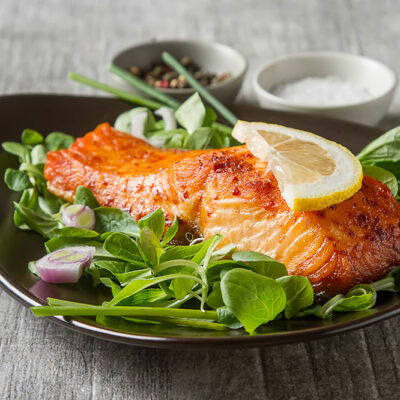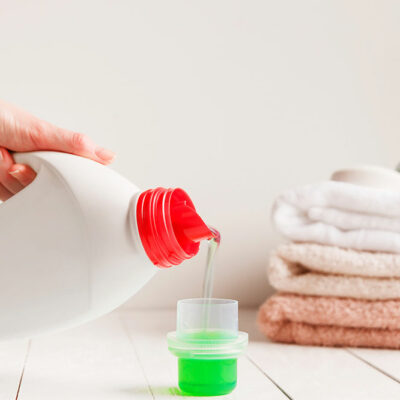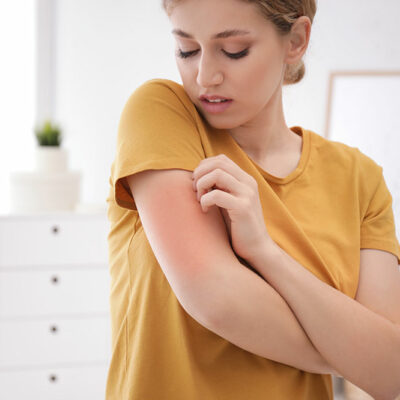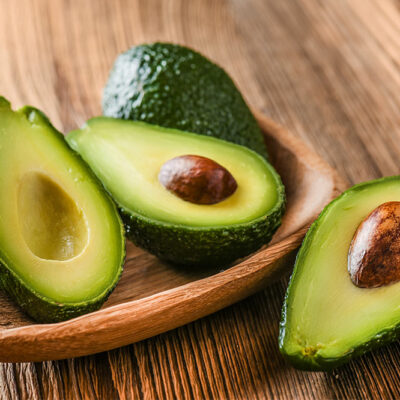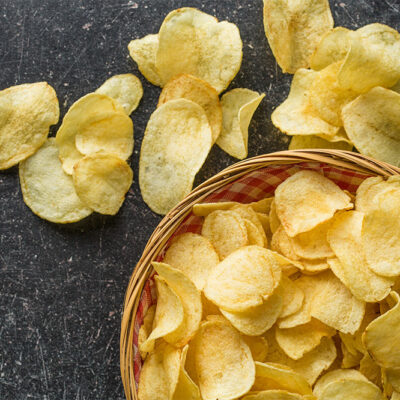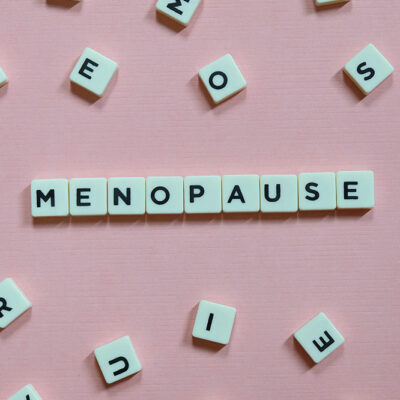
Health
The Relation Between Menopause and Breast Cancer
Menopause is a natural process that leads to the decline of the reproductive hormones among women approaching their 40s or 50s. The condition is not directly considered a reason behind the development of cancer, like breast cancer, but age and drugs used to treat the symptoms of menopause can lead to an increased risk of cancer. Here are some of the risk factors to consider about breast cancer arising due to menopause: 1. Being overweight Postmenopausal women must check their weight as the increase in fat tissue after menopause may lead to elevation of estrogen level in the body as estrogen is produced from fat tissue after a woman reaches menopause. Furthermore, this rise in estrogen level elevates the risk of breast cancer in postmenopausal women. Additionally, obesity may also lead to higher blood glucose levels in the body that may cause the development of breast cancer. 2. Less physical activity Several benefits are associated with performing regular physical activity among postmenopausal women, including reducing breast cancer risk. This is because regular exercise leads to body weight regulation, prevents hormonal imbalance, maintains energy level, and reduces inflammation in the body. 3. Hormone therapy postmenopause To prevent osteoporosis and get relief from symptoms of menopause, many women opt for hormone therapy comprising estrogen and progesterone.
Read More 




